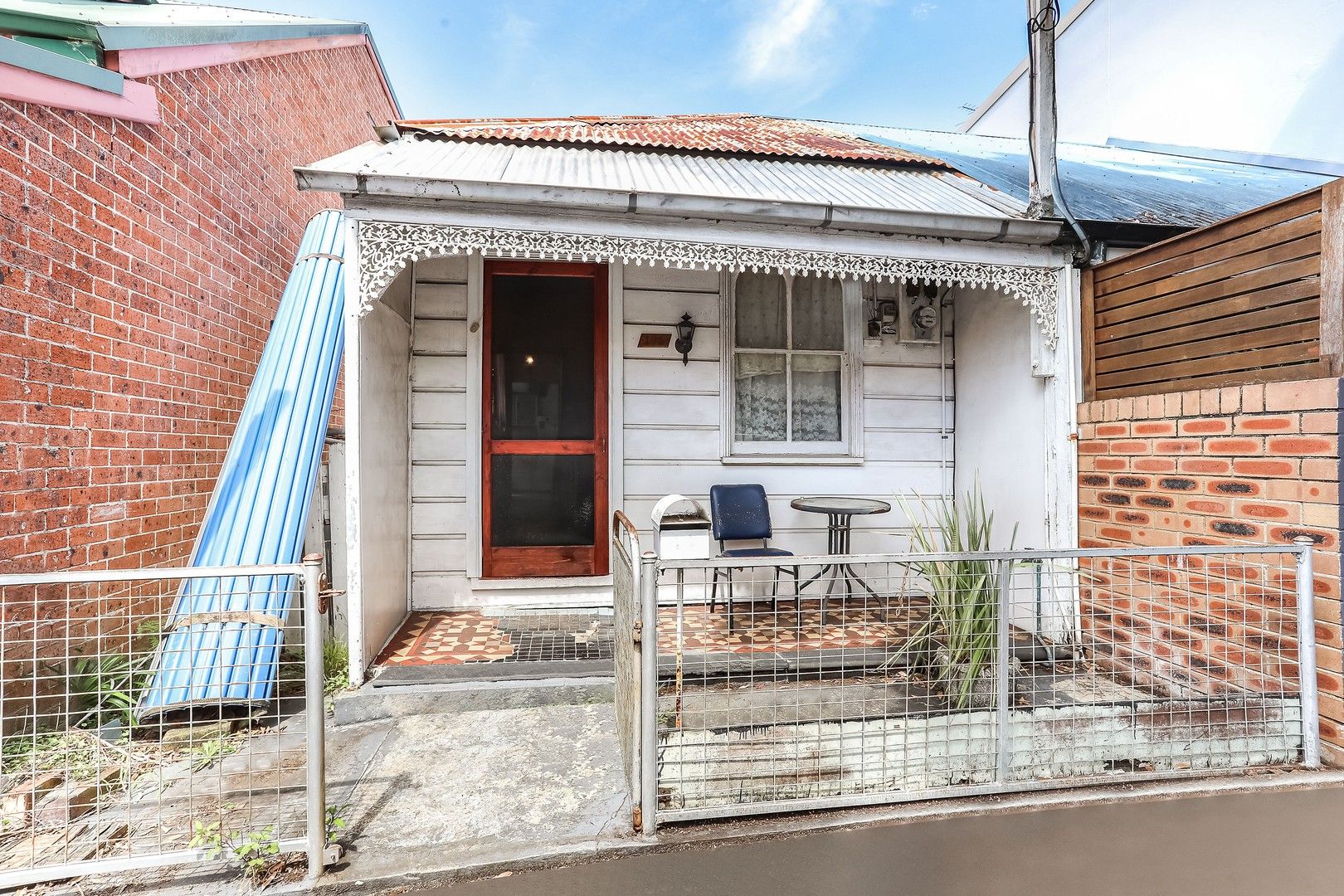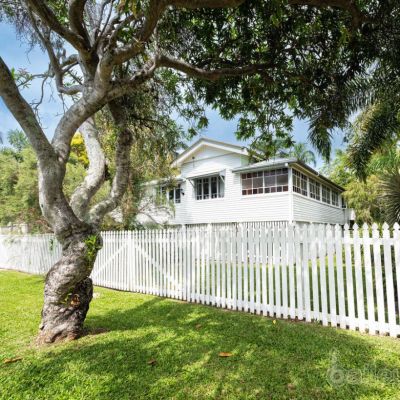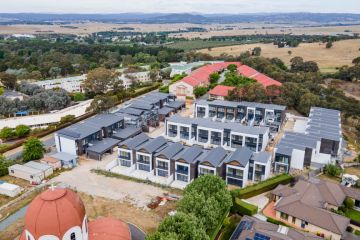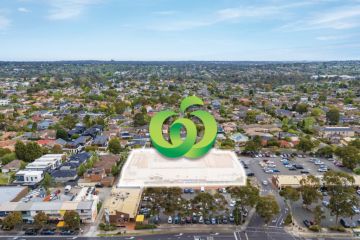7 upfront costs first home buyers need to know

First home buyers have their work cut out for them when it comes to financially planning for a property. But a deposit isn’t the only cost to take into consideration.
There are a few additional upfront costs that can set a buyer back thousands of dollars and it pays to factor these in when planning your home-saving budget.
We spoke with Rose De Rossi, finance broker, adviser and co-director of Diversifi, to help understand the costs first home buyers should be ready for.
First, get your house in order
Before making any big financial decision, it’s crucial to take stock of where you’re at along with the money habits you may not realise you’ve formed. It also allows you to clean up your act before applying for loans, giving you a better chance of success.
“Checking your monthly budget before house hunting is the best way to ensure you know your current spending habits and can see how much you have available each month to contribute towards a mortgage payment,” De Rossi explains.
“It will also allow you to adjust your discretionary spending like Uber, Afterpay or gambling, ahead of making a loan application.”
If you were inclined to seek the guidance of a financial planner for your home buying journey, you can expect to pay roughly around $200 per hour.
Check stamp duty obligations and government fees
Besides a deposit, stamp duty (or now known as ‘transfer duty’) is the other big upfront cost first home buyers will contend with. Simply put, it’s a tax we pay in order to buy a property.
Transfer duty varies state by state, and is impacted by property purchase price, location and loan purpose. However, some first home buyers may be exempt in certain situations.
“The bonus for first home buyers is that most states have stamp duty waivers. For example, in WA there is no stamp duty applied up to $430,000 for an established home, and none for land up to $350,000.”
You’ll need to check your individual state, as many waivers are skewed towards new builds.
In NSW, you must apply for the first home buyer assistance scheme in order to qualify. Once approved, new builds of $800,000 or less are fully exempt and those between $800,000 and $1 million will enjoy a concessional transfer duty rate based on its value.
First home buyers purchasing existing properties less than $650,000 can apply for a full exemption and pay no transfer duty, and homes between $650,000 and $800,000 are calculated on a concessional rate.
Other government fees include title transfer fees (which vary by state, but usually run between $100 and $150) and registration fees (which registers your property as the physical security for your home loan and costs between $100 to $200 depending on state).

Gather important intel via inspections and reports
A professional building and pest inspection and report might set you back $300 to $500, but could potentially save you tens of thousands of dollars in problems. In some instances, it could help you pass on a lemon.
De Rossi recommends speaking with the real estate agent about what reports are available, and then organising your own to fill in the gaps.
“An older home may have more potential problems,” she says, “whereas newer homes wouldn’t normally need a pest inspection.”
They can uncover things like major building defects, structural issues, water damage or mould and any infestations (including termite damage).
“The inspection can also pick up additions to the home that have not been council approved,” warns De Rossi. She also shares why it’s important to have all major areas of a home looked into professionally.
“My own niece arranged for a structural inspection, which did not include the roof. After settlement they had to pay $32,000 for new roof tiles and timber. It was not included in their offer to check, so the seller wasn’t liable.”
It’s also worth noting that strata reports and suburb property reports can cost anywhere from $1-200 per document. If you’re inspecting a lot of ‘dream’ homes, this can add up.
Conveyancing is necessary (and worth it)
In order to legally own a property you’ll need to have the property title transferred, which is executed by conveyancers. The cost can range from $1,000 to $3,000 and while you can try to lodge all the forms and cover the nitty gritty details yourself, this is not recommended – if you miss something you could wind up losing the property.
Conveyancers oversee the settlement process and deal with the documentation, administration and legalities involved. They’ll also represent your interest to other parties throughout the process.
“The conveyancing fee is based on purchase price, land and water rates for the upcoming year,” says De Rossi. “This amount is usually a pended figure and calculated on the day of settlement. We recommend allowing at least $2,500, just in case.”
She also wants first home buyers to know that part of the conveyancing fee is often negotiable.
“Conveyancers cannot charge more than the scheduled fee, but it is quite common to see this fee discounted through negotiation,” she explains.
Conveyancers can support you from the contract phase through to completion or close. So you may want to engage their services to look over a contract when you think you’ve found ‘the one’ during the inspection stage.
“We usually suggest a solicitor for any contract examinations,” De Rossi says.
Get across these additional home loan fees
To set up your home loan, you’ll be charged a one-off establishment (application) fee, which usually costs between $200 and $1,000 depending on the loan. However, it’s good to know that sometimes lenders will waive these fees to attract new customers or offer promotions, so it’s worth asking/checking.
You’ll then need to factor in a valuation fee. This pays for the valuation the lender undertakes on your property to ascertain if the amount you’re wanting to borrow is appropriate. This can range from $200 to $400, but De Rossi says you can sometimes have this fee waived as well.
There’ll be a mortgage registration fee which ranges from $140 to $190 depending on the state you’re in. There are also some legal fees, such as the solicitor needed to handle the contract and prepare legal documents during the loan application process. This fee can cost upwards of $100 depending on the lender.
“Lenders Mortgage Insurance (LMI), this is the big one,” says De Rossi. “The bigger your deposit, the less the fee.”
Buyers will need a 20 percent deposit in order to avoid paying thousands extra on LMI – but this will be 20 percent separate to stamp duty and the above up front costs outlined here. This is why it’s crucial to be clear on all costs before embarking on your first home buying journey.
Home or building insurance
Building insurance is such a good idea that it’s actually a prerequisite to getting a loan.
“Lenders will not settle on the property unless the house is insured and the lender needs to be included on the policy,” explains De Rossi.
It’s also worth adding contents insurance to protect your personal assets. Home and contents insurance will range dramatically, dependent upon the value, size, location and construction of the home, but you could plan for building and contents insurance to cost at least $1000 annually.
Apartment buyers will usually be covered by the strata’s building insurance, but would need to look into contents insurance separately.
Moving costs
Last but certainly not least is the cost of moving. Most people who attempt to take on this task themselves to avoid paying professionals, ends up paying in other ways (usually regret and a sore back).
The cost of movers will range subject to the size of your move and how far you’ll be travelling between locations. It can be anywhere from a few hundred dollars to a few thousand.
–
The information provided on this website is general in nature only and does not constitute personal financial advice. The information has been prepared without taking into account your personal objectives, financial situation or needs. Before acting on any information on this website you should consider the appropriateness of the information having regard to your objectives, financial situation and needs.
We recommend
States
Capital Cities
Capital Cities - Rentals
Popular Areas
Allhomes
More
- © 2025, CoStar Group Inc.
/http%3A%2F%2Fprod.static9.net.au%2Ffs%2F492e9ffc-31d7-48d1-899e-f8d764c14a27)
/http%3A%2F%2Fprod.static9.net.au%2Ffs%2Fa4f34063-cf1a-4f82-a37c-b709538600eb)








